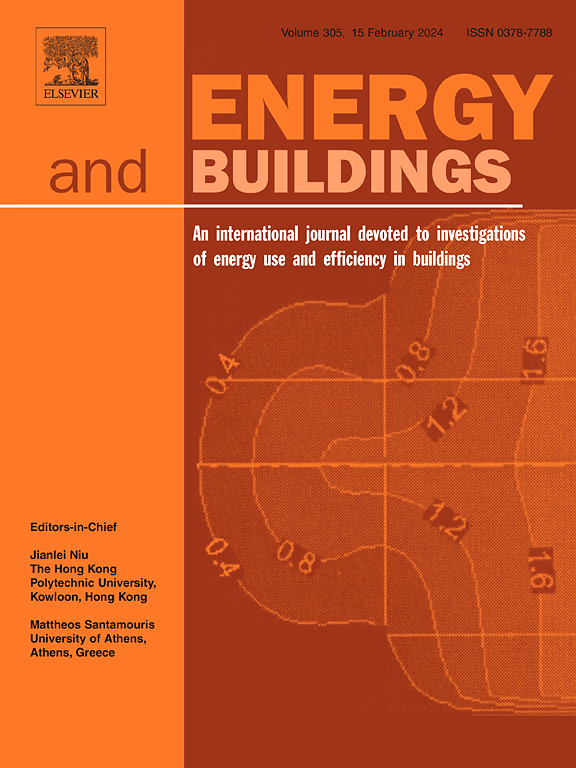Evaluating net-zero carbon emission benefits in Nigeria’s construction industry
IF 7.1
2区 工程技术
Q1 CONSTRUCTION & BUILDING TECHNOLOGY
引用次数: 0
Abstract
Purpose
This study evaluates the potential benefits of achieving net-zero carbon emissions in the construction industry.
Design/methodology/approach
The research followed a quantitative research approach, using closed-ended questionnaires targeted at construction professionals in Nigeria.
Findings
The study reveals that all twenty-four variables are beneficial in attaining net-zero carbon emissions in the construction industry. However, reduction of the major climatic effects, improvement of public health and overall well-being, decrease in sectoral pollution, increasing productivity and economic growth, and attainment of natural capital conservation are the most significant benefits, using a ranking approach based on the mean item scores.
Research implications
The research shows positive implications practically and theoretically. It serves as a form of incentive for construction professionals to adopt strategies for attaining net-zero construction and for industry leaders to support policy development and evaluation to attain the benefits reviewed.
Originality/value
The findings from this research provide a fresh perspective on the significance of the identified benefits of achieving net-zero emissions in the construction industry. This could be utilised by industry decision-makers to align strategies according to the importance of the benefits in real-time.
评估尼日利亚建筑业的净零碳排放效益
目的本研究评估建筑业实现净零碳排放的潜在效益。设计/方法/方法本研究采用定量研究方法,使用针对尼日利亚建筑专业人员的封闭式问卷。研究结果表明,所有24个变量都有利于建筑行业实现净零碳排放。然而,使用基于平均项目得分的排名方法,减少主要气候影响、改善公共卫生和整体福祉、减少部门污染、提高生产率和经济增长以及实现自然资本保护是最显著的效益。研究启示本研究具有积极的理论和实践意义。它是一种激励措施,鼓励建筑专业人员采用实现净零建筑的策略,并鼓励业界领袖支持政策制定和评估,以实现所审查的效益。独创性/价值本研究的发现为建筑行业实现净零排放的确定效益的重要性提供了一个新的视角。这可以被行业决策者利用,根据效益的重要性实时调整战略。
本文章由计算机程序翻译,如有差异,请以英文原文为准。
求助全文
约1分钟内获得全文
求助全文
来源期刊

Energy and Buildings
工程技术-工程:土木
CiteScore
12.70
自引率
11.90%
发文量
863
审稿时长
38 days
期刊介绍:
An international journal devoted to investigations of energy use and efficiency in buildings
Energy and Buildings is an international journal publishing articles with explicit links to energy use in buildings. The aim is to present new research results, and new proven practice aimed at reducing the energy needs of a building and improving indoor environment quality.
 求助内容:
求助内容: 应助结果提醒方式:
应助结果提醒方式:


